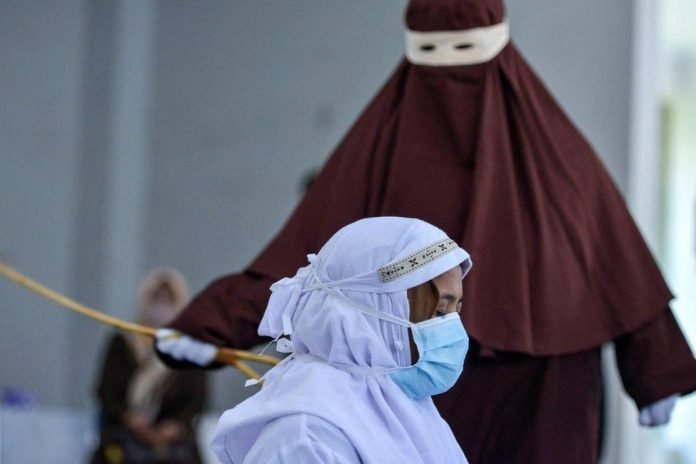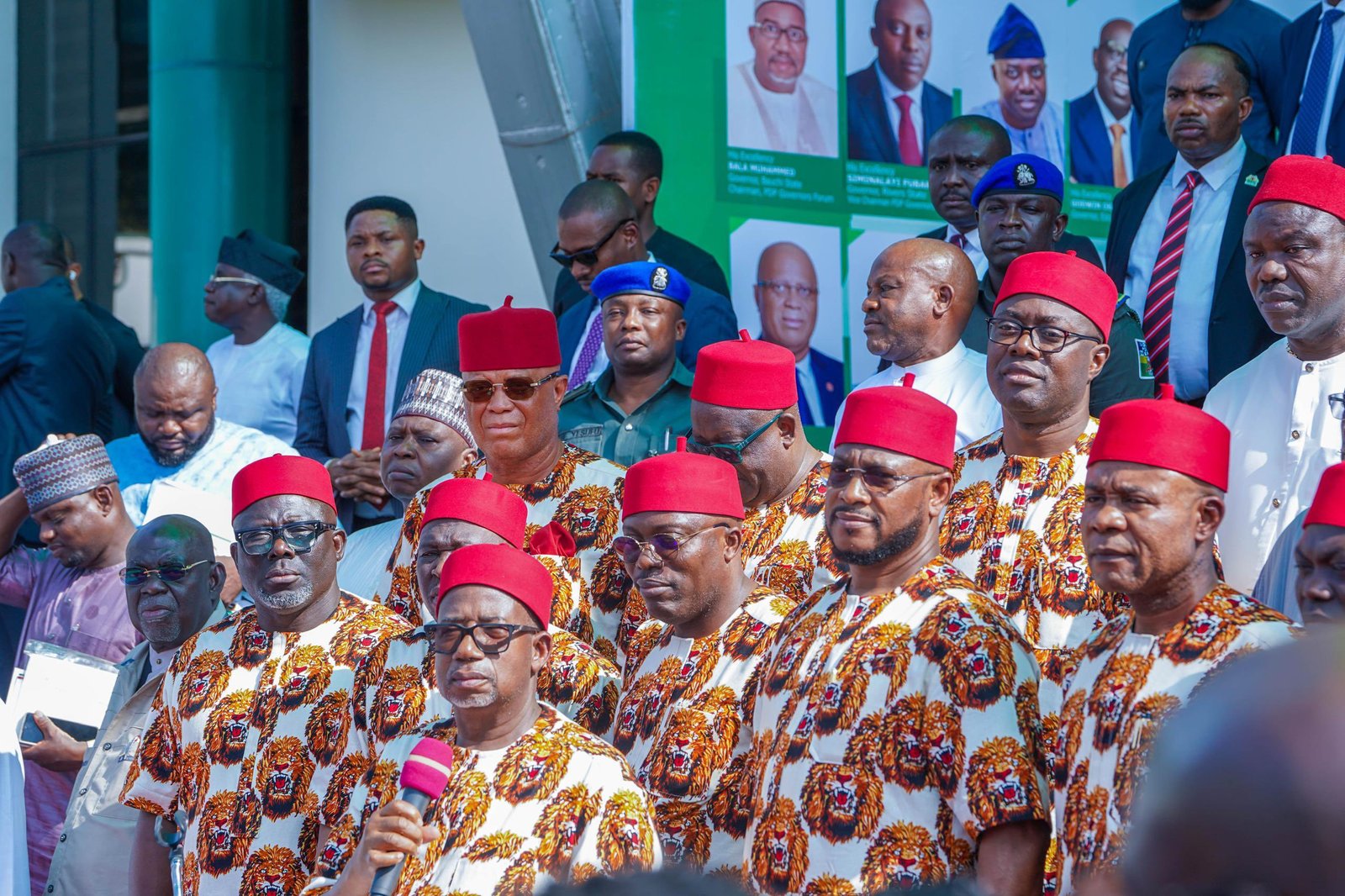A proposed law expanding the application of Islamic Laws or Shari’a in Nigeria has generated intense debate in the Nigerian parliament.
The bill, tabled by Aliyu Bappa Misau, wants Shari’a law to be broadened beyond personal matters to include contract, company, and international dispute resolution mechanisms. Misau believes that Islamic Law deserves a more comprehensive provision in the constitution, considering Nigeria’s advancements since the constitution was written in 1999.
But Kola Alapinni, a Nigerian lawyer with extensive experience handling blasphemy cases in Northern Nigeria, strongly opposes the bill. Mr. Alapinnin said he believes “any attempt to sneak more Islamic laws into the Nigerian 1999 constitution will fail.”
Alapinni, a renowned human rights advocate, said expanding the Islamic provisions through a bill violates the 1999 Constitution and fundamental human rights.
“The Constitution remains the grundnorm,” he says. “This attempt to amend the Constitution through the Bill is a feeble attempt to expand Shari’a/Islamic Law through the back door.“
Alapinni assured that “we will continue to challenge any attempts to undermine Nigeria’s constitution and human rights.“
Alapinni’s opposition is based on his experience in high-profile cases, including the Yahaya Sharif-Aminu vs Attorney-General of Kano State & Governor of Kano State (SC/CR/1454/2022), currently before the Supreme Court.
Lawmakers from Christian-dominated southern regions mostly opposed the bill, while Muslim-majority northern lawmakers tended to support it.
The National Assembly has stalled the bill for further discussion.
The proposed bill has created much debate among human rights groups and civil society organizations. “This bill undermines Nigeria’s secular foundation and threatens religious freedom,” said another human rights activist. The debate highlights Nigeria’s complex religious diversity and the delicate balance between Islamic and secular laws.
Even if the debate ultimately leads to the bill’s rejection, it may reinforce long-held suspicions among Christian populations regarding a covert plot to Islamize Nigeria. This religious debate intensified in 2022 when current President Bola Tinubu, a Muslim, nominated a Muslim, Kashim Shettima, as his Vice Presidential candidate, in what is referred to as the “Muslim-Muslim ticket.” The move threatened to alienate Christian voters, particularly in the Middle Belt and southern Nigeria.
After speaking grammar, the solution boils down to what Simon Ekpa and Biafra government is doing today pic.twitter.com/mdF8mHGEgM
— Simon Ekpa (@simon_ekpa) November 1, 2024
Comment, Like 👍, share this article, and Follow us on our social media handles.







